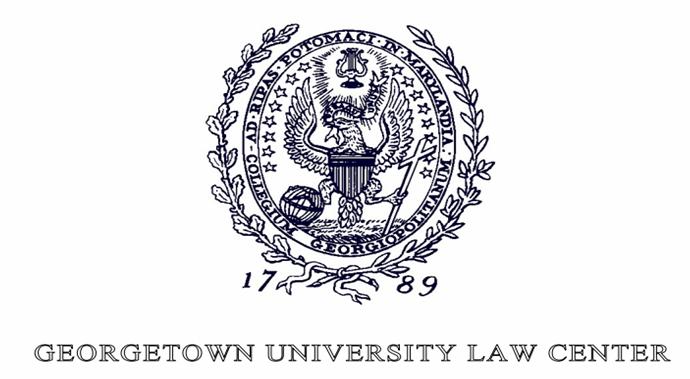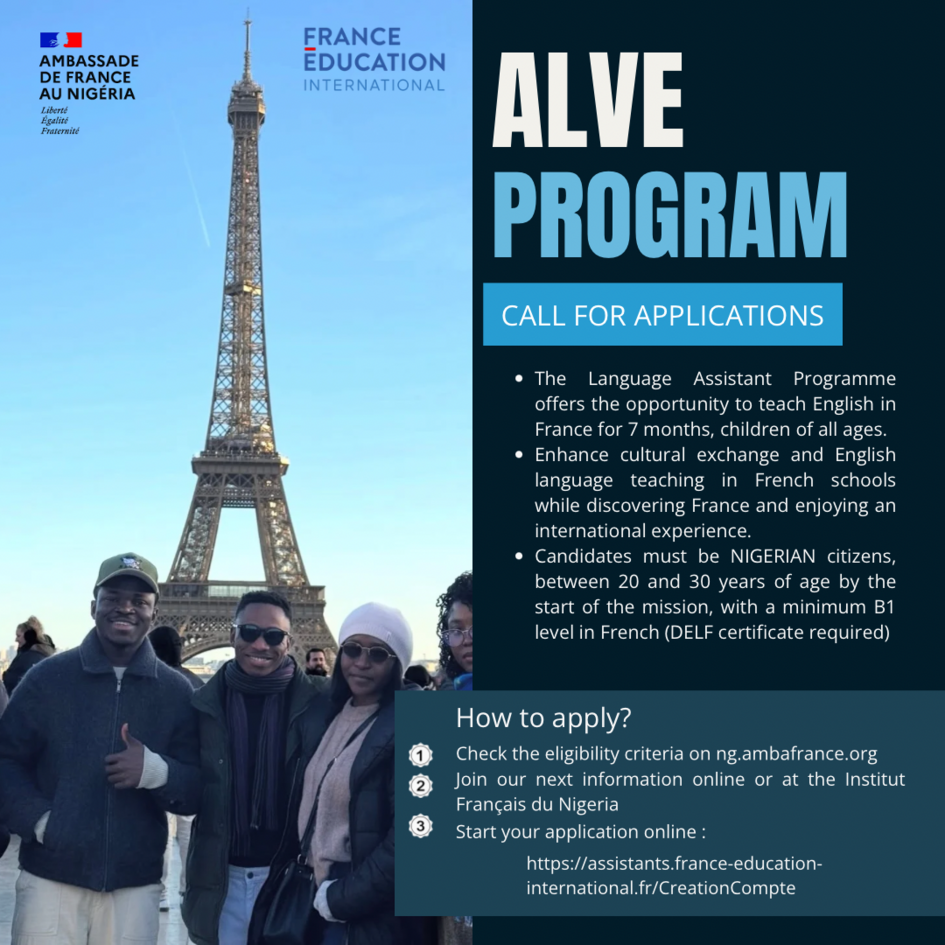
2021 Georgetown University Law Center Leadership & Advocacy for Women in Africa Fellowship Program
Deadline: January 22, 2021,
The Leadership & Advocacy for Women in Africa (LAWA) Fellowship Program was founded in 1993 at the Georgetown University Law Center in Washington, DC, in order to train women’s human rights lawyers from Africa who are committed to returning home to their countries to advance the status of women and girls throughout their careers.
The entire LAWA Fellowship Program is approximately 14 months long – from July of the first year through late August of the following year. The LAWA Program starts in early July, when the Fellows attend the Georgetown Law Center’s Foundations of American Law and U.S. Legal English courses. From August through May, the LAWA Fellows earn a Master of Laws (LL.M.) degree at Georgetown with an emphasis on international women’s human rights and complete a major graduate thesis. Fellows also participate in professional development seminars and networking events with recent U.S. law school graduates who are working in the field of women’s rights.
ELIGIBILITY
- You must be a women’s human rights lawyer from Africa in order to be considered. You must hold an LL.B. or other law degree. A preference is given to candidates who:
a. are currently living and working in Africa, and
b. do not already have a Masters’ Degree.
- The strongest applicants tend to be about five to ten years out of law school, but those with less or more experience will be considered. Candidates with no work experience who are applying directly from an LL.B. degree or other law school will not be considered.
- Men and women who are committed to women’s rights are strongly encouraged to apply.
- As a requirement of participation in the LAWA Program, all applicants must commit to return home to their own countries upon completion of the Fellowship, and to use their best professional efforts to advance women’s human rights throughout their careers.
- You must have strong English language skills, both written and oral. Language problems have been the primary barrier to success for LAWA Fellows.
- The LAWA Program requires candidates to become proficient in using computers for drafting papers and conducting research. Candidates are strongly encouraged to learn basic computer skills before arrival in order to make this transition easier. At the very minimum, candidates should work to improve their typing speed.
- Candidates must be prepared to enter a very demanding course of study. LAWA Fellows take four required courses and several more elective courses over the course of the two academic semesters. Each class requires advance preparation of reading hundreds of pages. Fellows are required to produce a Masters’ Thesis totaling no fewer than 40 pages, including several drafts with intense research, writing and editing. Successful completion of the program requires exceptional focus, and very hard work. Please do not apply if you are not prepared to make this serious academic commitment.
APPLICATION
- Complete the Application Form, including all three essay questions.
- Current Resume or CV, indicating:
- your employment history, including both paid and volunteer positions, including the name of your employer, location of your employment (city, country), dates of your employment (start and end dates), and description of your work for each position you have held;
- your education from high school to the present, including the name and location (city, country) of the institution, dates attended (including date of graduation), degree awarded, grade point average or your class rank and number of students, and your participation in any extracurricular activities;
- titles of any published materials (articles, books, reports, etc.) or significant research papers;
- any special honors, awards, scholarships, or fellowships; and
- any memberships in organizations or community activities in which you have been involved, including any leadership roles.
- Two Letters of Recommendation (letters of reference) from persons who are well acquainted with you, your commitment to advancing women’s human rights in your country, your legal abilities, and your work. At least one reference should be a person who is willing to assist you in a professional manner upon your return to your country. Recommendations should make specific reference to your skills and knowledge. Please do not submit references that just attest to your good character or your duration of employment. Letters of recommendation may be emailed directly from the recommender, or can be scanned and sent as e-mail attachments along with the rest of your application materials.
- Transcript from the institution granting your law degree:
Due to the COVID 19 situation, we will accept a scanned copy of your unofficial transcript with your application. If you are offered an interview, you must immediately arrange to have a hard copy your official, sealed law school transcript(s) sent to:
Graduate Admissions
Georgetown University Law Center
600 New Jersey Avenue NW, Room 589
Washington, DC 20001
OFFICIAL LINK: https://www.law.georgetown.edu/wlppfp/lawa-fellowship-program/application-for-the-lawa-fellowship-program/



